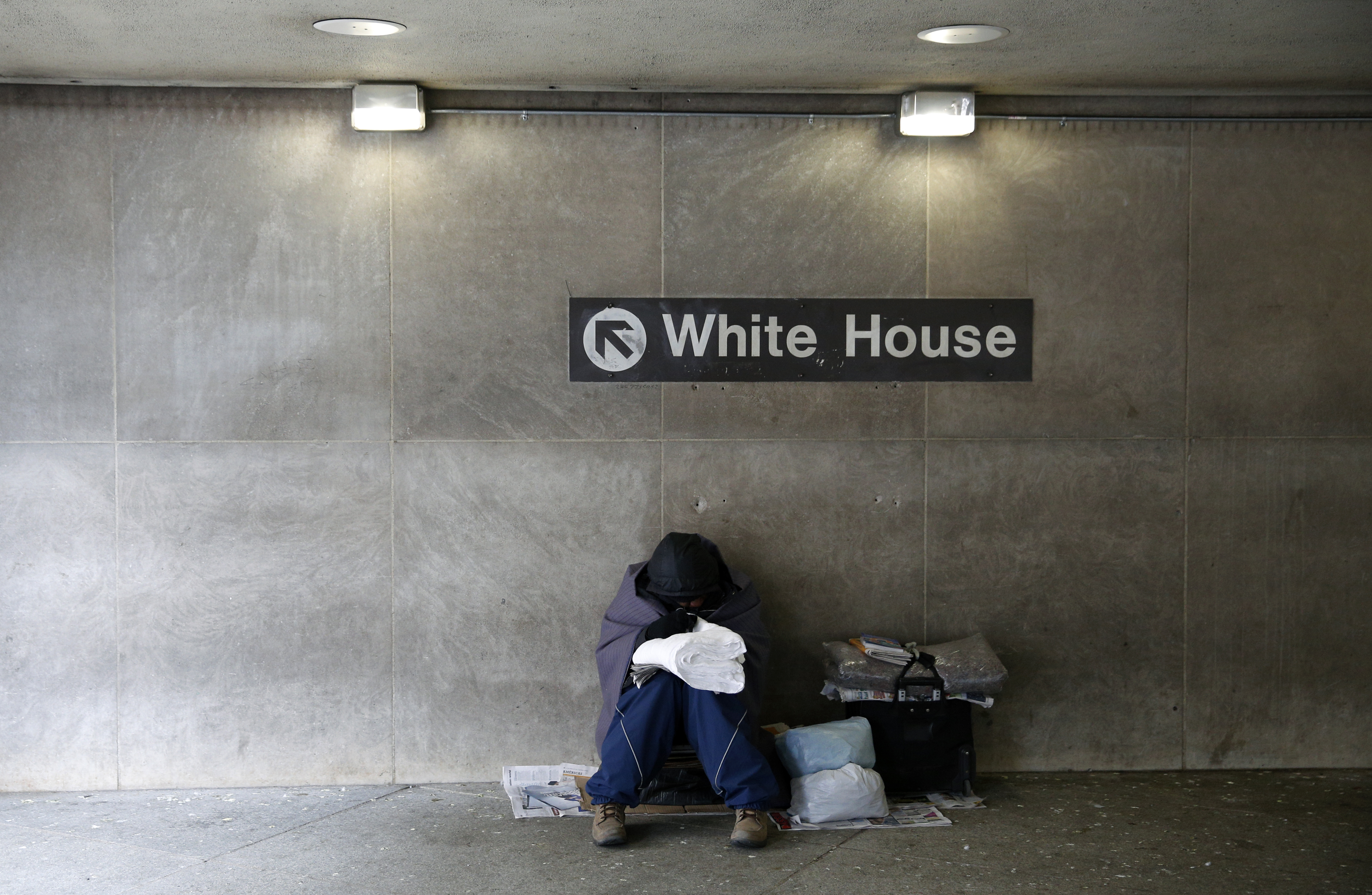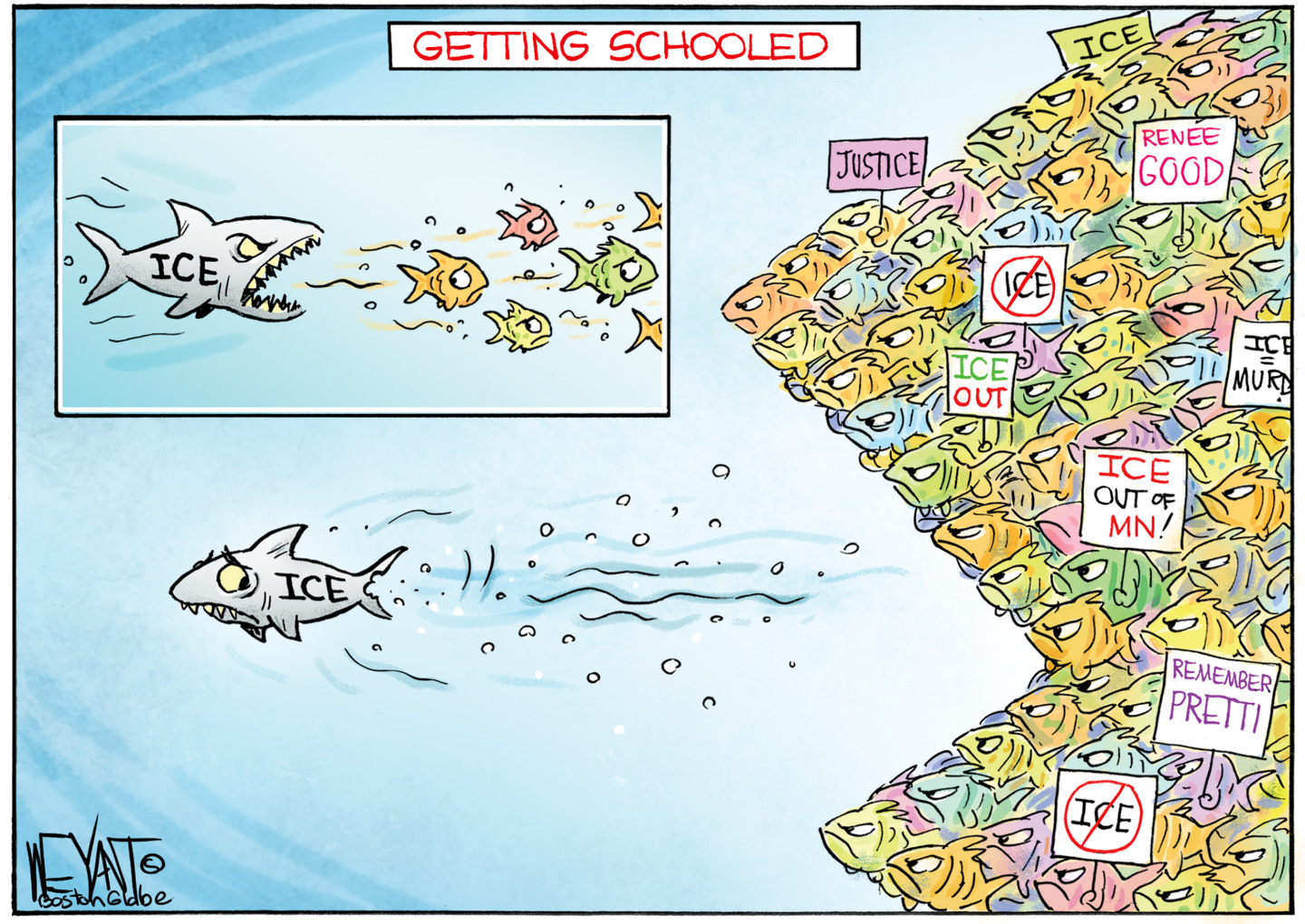Why Democrats should just treat the middle class like the extremely poor
It's not just the very poorest people who should get easy, cheap benefits


Elite Democrats are basically fine with cosmopolitan finance capitalism. During the Obama presidency, mega-corporations have continued to dominate the economy, and Wall Street has maintained its outsize share of GDP and corporate profits. However, the inequality and poverty thereby produced nags at the Democratic conscience. Something should be done about the people left at the absolute bottom of the social ladder, they think.
One telling development during the 2016 election that demonstrated this Democratic character trait was Hillary Clinton's proposal to make the Child Tax Credit partially more refundable. It came late in the campaign, and it was pretty weak tea, being highly complicated and narrowly targeted, but it was still probably the best idea the Clinton policy shop came up with. It would have made only a minor dent in poverty, but it does demonstrate that the party is Doing Something about it.
It is important and worthwhile to be concerned about poverty. But it leaves out a big segment of the population — namely, the middle and working class, who see little concrete benefit for themselves in Democratic policy. Fortunately, there's an easy solution here: Just cut the middle class in on same sort of programs the poor get.
The Week
Escape your echo chamber. Get the facts behind the news, plus analysis from multiple perspectives.

Sign up for The Week's Free Newsletters
From our morning news briefing to a weekly Good News Newsletter, get the best of The Week delivered directly to your inbox.
From our morning news briefing to a weekly Good News Newsletter, get the best of The Week delivered directly to your inbox.
Clinton's CTC expansion is gone, of course. But a similar instinct animated the design of ObamaCare, which is also heavily means-tested. People up to 138 percent of the poverty line get Medicaid, in the states that accepted the expansion. People above that can buy insurance on the exchanges — indeed they are legally obliged to do so, if they don't have some other insurance. There they get access to a sliding scale of subsidies depending on income and other factors.
People argue all day about how well the exchanges are really doing. It seems fair to say that things are getting worse in most states, with narrowing provider networks, rising premiums, and increasing deductibles. In some areas they're still doing reasonably well despite that, while in others the system is near collapse.
But it's beyond question that whatever exchange insurance you care to mention, it's worse than Medicaid. Medicaid is cheaper, far less of a headache, doesn't have to be tediously adjusted every year, and above all contains much stronger protection against balance-billing (charging a patient the difference between the sticker price and what insurance will pay), which is still causing thousands and thousands of medical bankruptcies.
This situation has created no little resentment among people just above the Medicaid cutoff, who are peeved at people poorer than them getting better insurance — Medicaid "looks like the lap of luxury when you have a five-digit deductible," writes The Atlantic's Olga Khazan, after talking to numerous Trump voters in Pennsylvania.
A free daily email with the biggest news stories of the day – and the best features from TheWeek.com
On the one hand this is an ungenerous instinct, often with tinges of racial resentment. Such people often dream up ludicrous notions of how good poor people on Medicaid have it. On the other hand it is pretty understandable to be annoyed at working hard for the privilege of paying through the nose for "insurance" that is completely worthless unless you have a catastrophic emergency, and even then only if you manage to get care through an in-network provider.
But more fundamentally, these attitudes are to some extent the product of the policy context. Being forced to buy expensive, barely-there insurance creates tremendous anxiety. It lends itself to bitter resentment of poor or disabled people who manage to qualify for far superior Medicaid, and the construction of conspiratorial narratives about "welfare queens" who are faking their PTSD or whatever to get that government cheese.
Universal programs, by contrast, lend themselves to solidarity-building. As Anu Partenen writes, it's much easier to stomach the idea of paying taxes into social programs when one's own benefit is inarguable. Everyone pays in (some more than others, of course), and everyone gets out. We're all in this together. Universal programs like single-payer — or an approximation thereof — help bind the nation into a single whole.
Of course, not everyone will be swayed by such arguments. Many people are just furious that the "undeserving" (and disproportionately minority) poor are getting more benefits, and hate the idea of universal programs even if they would benefit. But others just want and, indeed, desperately need that Medicaid, and care much less about who gets the benefit than somehow landing themselves among them.
In the future, Democrats should remember it's not just the very poorest people who should get easy, cheap benefits.
Ryan Cooper is a national correspondent at TheWeek.com. His work has appeared in the Washington Monthly, The New Republic, and the Washington Post.
-
 Bad Bunny, Lamar, K-pop make Grammy history
Bad Bunny, Lamar, K-pop make Grammy historySpeed Read The Puerto Rican artist will perform at the Super Bowl this weekend
-
 Political cartoons for February 2
Political cartoons for February 2Cartoons Monday’s political cartoons include ICE getting schooled, AI in control, and more
-
 Democrats win House race, flip Texas Senate seat
Democrats win House race, flip Texas Senate seatSpeed Read Christian Menefee won the special election for an open House seat in the Houston area
-
 The billionaires’ wealth tax: a catastrophe for California?
The billionaires’ wealth tax: a catastrophe for California?Talking Point Peter Thiel and Larry Page preparing to change state residency
-
 Bari Weiss’ ‘60 Minutes’ scandal is about more than one report
Bari Weiss’ ‘60 Minutes’ scandal is about more than one reportIN THE SPOTLIGHT By blocking an approved segment on a controversial prison holding US deportees in El Salvador, the editor-in-chief of CBS News has become the main story
-
 Has Zohran Mamdani shown the Democrats how to win again?
Has Zohran Mamdani shown the Democrats how to win again?Today’s Big Question New York City mayoral election touted as victory for left-wing populists but moderate centrist wins elsewhere present more complex path for Democratic Party
-
 Millions turn out for anti-Trump ‘No Kings’ rallies
Millions turn out for anti-Trump ‘No Kings’ ralliesSpeed Read An estimated 7 million people participated, 2 million more than at the first ‘No Kings’ protest in June
-
 Ghislaine Maxwell: angling for a Trump pardon
Ghislaine Maxwell: angling for a Trump pardonTalking Point Convicted sex trafficker's testimony could shed new light on president's links to Jeffrey Epstein
-
 The last words and final moments of 40 presidents
The last words and final moments of 40 presidentsThe Explainer Some are eloquent quotes worthy of the holders of the highest office in the nation, and others... aren't
-
 The JFK files: the truth at last?
The JFK files: the truth at last?In The Spotlight More than 64,000 previously classified documents relating the 1963 assassination of John F. Kennedy have been released by the Trump administration
-
 'Seriously, not literally': how should the world take Donald Trump?
'Seriously, not literally': how should the world take Donald Trump?Today's big question White House rhetoric and reality look likely to become increasingly blurred
